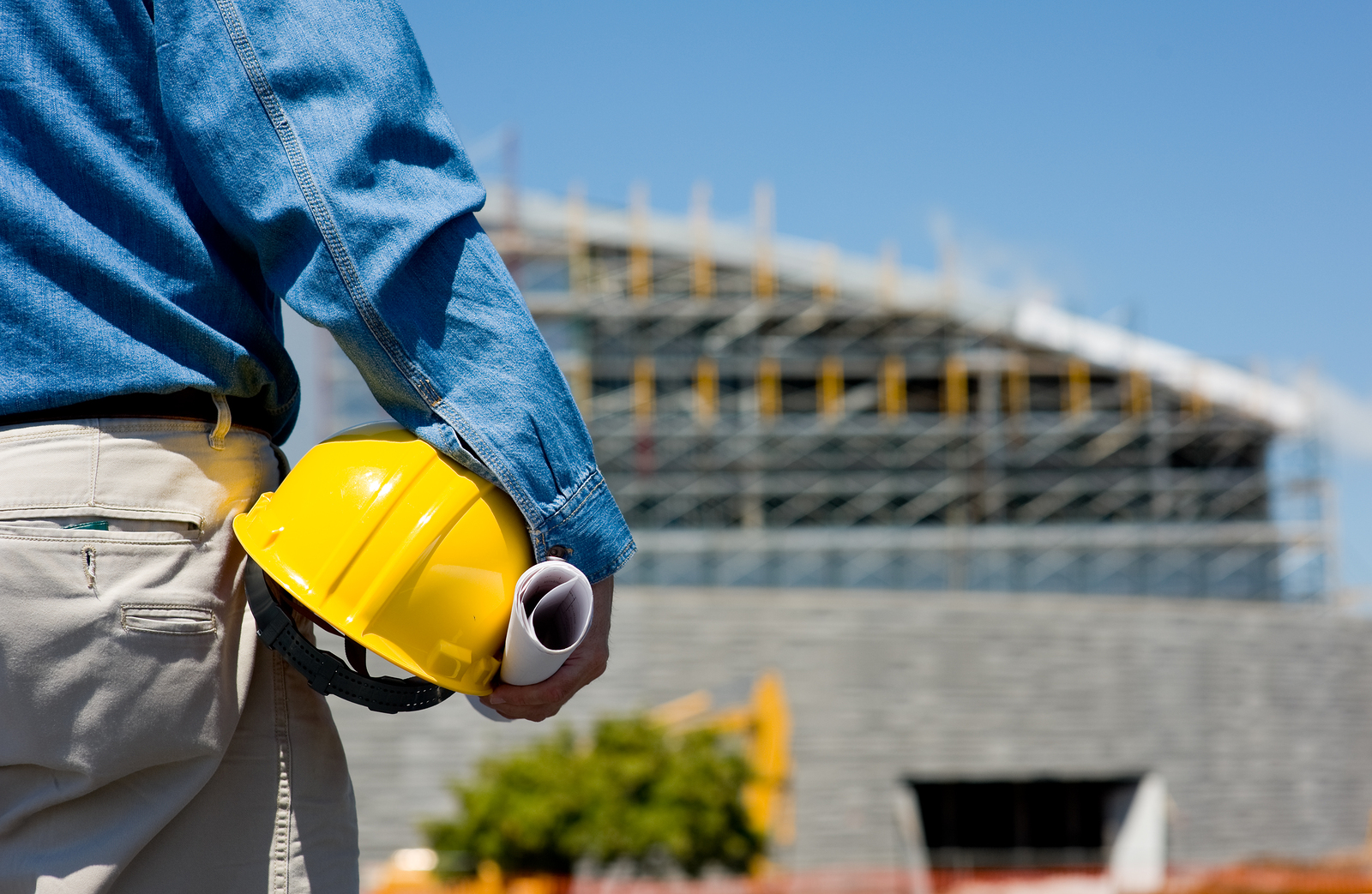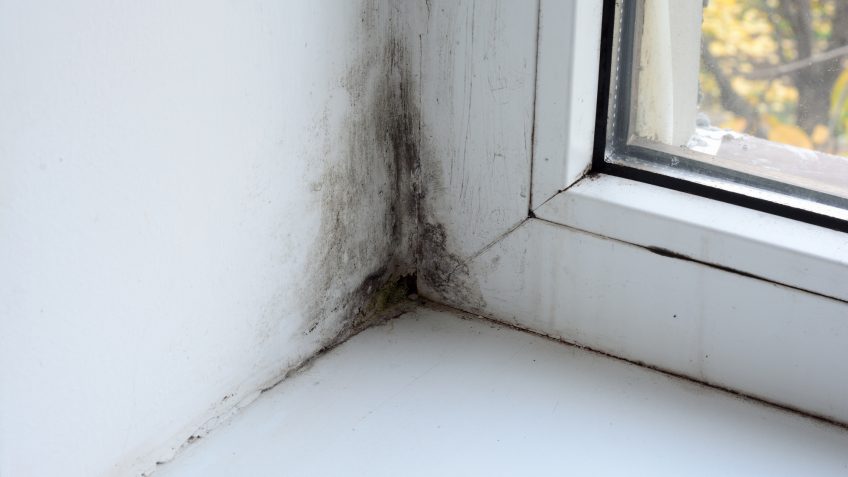Windhoek allocated N$32m in the fight against hepatitis E menace in the country. These findings were confirmed by the city’s mayor, Muesee Kazapua. The mayor announced during a first breakfast meeting of the municipality with Windhoek media.
An outbreak alert of the Hepatitis E virus was declared by Namibia’s Ministry of Health late last year. Ever since two deaths have been reported with more than 500 cases from the city’s informal settlements recorded. The Ministry of Health had allocated N$37 million in efforts to contain the virus outbreak with additional N$2 million allocations by Khomas Regional Council.
Funds contributed by the city would be used to build new toilets while renovating the old ones in affected areas of informal settlements. Such areas were Havana, Greenwell Matongo, Ombili, Hakahana, and Goreangab. The money would also go to construction of more local water points within these areas. The mayor expressed the seriousness of the hepatitis E outbreak saying that it was the city’s primary concern.
He also revealed that the city would write off outstanding electricity and water debts for this year and further work on finalizing the existing arrangements for the River Walk Initiative. This initiative would rehabilitate streams and rivers and some open spaces in Windhoek. Other plans by the city include the development of Ramatex land and properties and electrifying Babylon and Havana informal settlements. Pending land transactions would also be finalized while medical waste disposal incinerator in the municipality would be opened.
The mayor added that formalization of the informal settlements by the city council would continue. This would be done by appointing contractors to build houses and service land. The city earmarked 100 hectares for housing. Windhoek CEO Robert Kahimise said that the targeted development projects were expected to be implemented within five months. This was despite the challenges in collecting dues from city businesses, residents and government offices during the financial year 2016/17. Kahimise noted with concern the failure in payments from the city residents, government ministries and departments. With a budget of N$6 billion in 2017, N$634 million was still outstanding. Windhoek generates capital from taxes and rates on electricity, infrastructure and water bills. Kahimise also revealed that the city would write off residents’ debts amounting to about N$400 million as they were not realistic.
The CEO also pointed out the concern in cash flow challenges at the council warning that if not addressed, it would have a negative impact on the city’s sustainability. With a loss of over N$2 billion from 2012-2015, Auditor General Junias Kandjeke warned the city was at risk of becoming commercially unviable. Windhoek spent over N$640 million in salaries to about 2300 employees. Additionally, with over a billion dollars spent in electricity provision, only N$950 million in revenue was being generated. Efforts to achieve a clean audit and control finances by the city council had seen it partake the International Public Sector Accounting Standards (IPSAS) strategy.



